Questions for Teachers
If you suspect your child is having trouble with reading and may be dyslexic, it’s important to schedule a meeting with their teacher as soon as possible. We’ve put together a list of questions below to help you gather the information you need during your meeting.

What are my child’s strengths?
If you are meeting with the teacher, it is probably because they have a concern. Ask them to begin with the areas where your child isn’t struggling. This will help keep the meeting positive.

Can you please list my child’s current needs?
Have them give you an oral list as well as having them written down. This will help provide documentation for any later evaluation or eligibility processes. You can ask a teacher to update this list at certain times, so make sure they date each one. This will be very important to ask for before an IEP meeting.

Have you tried any interventions in the classroom?
Don’t be upset if they say no. Remember, many public school teachers are dealing with multiple children under IEP plans. So, use this time with your teacher to discuss ways you know she/he could help your child. Preferential seating, frequent breaks for movement, or repeating directions are good suggestions that a teacher can implement without much effort. If your teacher has tried specific interventions, see #4 and #5 . If not, ask the school to begin interventions and monitor his or her progress.

What have you tried? What was my child’s response?
Again, document these interventions, with the date, and how your teacher felt your child responded. Informal meetings are for gathering information.

Since interventions have been initiated, have you begun tracking progress for RTI?
RTI stands for Response to Intervention. This is a tiered system of interventions teachers will implement in the classroom prior to an official referral for special education eligibility. The process is 12 weeks, and the teacher will document progress. You should have been contacted if this process was begun.

Have you had specific training in a structured phonics approach such as Orton-Gillingham? If not you, who in the school has been trained?
As a parent, you want to make sure the teacher or resource teachers in the school have been well trained to address the needs of students with dyslexia. Services under an IEP are individualized to a student’s need. We know children with dyslexia are best served when instruction is direct, explicit, and multisensory. These are key tenets of the Orton-Gillingham Approach.

Do Not Ask Your Teacher to Diagnose Your Child
Teachers most likely will not be able to say they are seeing signs of dyslexia. Instead, they may state that a student’s needs include specific reading or spelling instruction or a stronger understanding of sound-symbol relationship. Use their comments in conjunction with the information on the Common Signs and Challenges of Dyslexia page to further your understanding and possible need for an evaluation.



